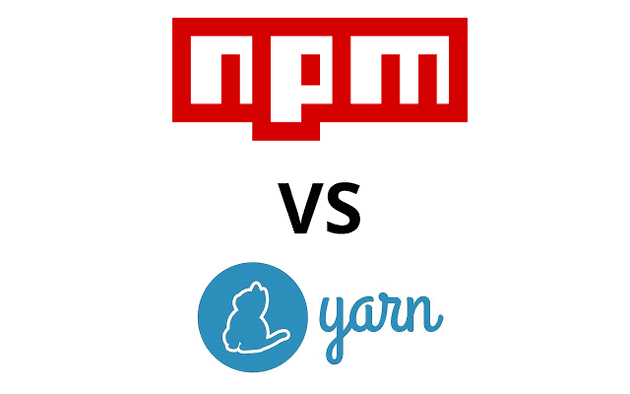When you use Node.js in your project, you need to take care of node_modules installation in your CI/CD pipeline. You may use npm install, npm ci, yarn install and pnpm install, but what is the fastest way of doing so is still a question we are looking for answers. Here in this story I would like to experiment all possibilities I know to find out the final answer.
TL;DR
If you are in a hurry, what you have to do are:
- Disable stdout output
- Use cached node_modules
- Use
--prefer-offline - Use global cache (
yarnonly)
$ tar zxvf node_modules.tar.gz
$ npm install --prefer-offline &> /dev/nullIf you prefer yarn
$ tar zxvf node_modules.tar.gz
$ tar zxvf cache.tar.gz
$ yarn install --prefer-offline --cache-folder ./cache &> /dev/nullIf you prefer pnpm
$ tar zxvf cache.tar.gz
$ pnpm config set store-dir $PWD/cache
$ pnpm install &> /dev/nullThe total speed up is around 3x comparing to pure
npm install
Existing Works
It is normal that someone already do it in the past, here are some existing works for your reference.
- https://github.com/appleboy/npm-vs-yarn
- https://winsmarts.com/npm-install-speed-up-by-3-times-almost-25ad416cf77e
- http://www.tiernok.com/posts/2019/faster-npm-installs-during-ci/
Environment
Packages
To prevent any cache or unexpected behavior, I run the experiment inside a docker container and every time we complete an installation, we run a new container for the next installation.
The docker image I use is node:12 and the versions of each component are:
- node: v12.16.1
- npm: 6.13.4
- yarn: 1.22.0
- pnpm: 4.12.1
Network
I experiment both remote and local registry (verdaccio) scenario to show the influence of network. In local registry, I assumed the user do something like:
$ npm install react@latest --registry http://nvy-registry:4873
# or
$ yarn add react@latest --registry http://nvy-registry:4873Which makes the registry url in lock files points to the local registry directly.
Application
To mimic a real world scenario, I did experiment in an web app that is created using create-react-app.
Commands
There are 5 basic commands I use:
- npm install
- npm ci
- yarn install
- yarn install —frozen-lockfile
- pnpm install
yarn install --frozen-lockfileis similar tonpm ci
For all of them, I add &> /dev/null to remove stdout output and the execution time is averaged from 3 times of execution. (As the execution time is pretty stable, I believe 3 times is good enough)
Let’s start the experiment and see where we will achieve. 😃
Parameters
There are 4 parameters we are going to tune:
- local registry
With local registry, you can prevent stale when the network bandwidth is not enough. It is a good way to speed up but may be painful when someone clone your repository but unable to access the local registry you used. 2. cached node_modules
A common technique to speed up the installation, by zipping node_modules folder and unzipping before installation to eliminate the need of downloading modules again from network. 3. global cache
There is a global cache folder in ~/.npm for npm and ~/.yarn for yarn, by adding global cache in advance, I would like to know if it is possible to speed up. 4. --prefer-offline
Details: https://docs.npmjs.com/misc/config#prefer-offline
If true, staleness checks for cached data will be bypassed, but missing data will be requested from the server. To force full offline mode, use
--offline.
With this option, we can prevent npm or yarn to check remote data and use local cache directly.
Experiment
Below are the result of all configurations:
The number is the amount of seconds to complete modules installation
Observations
- Always remember to disable the output of installation with
&> /dev/nullas stdout is pretty time-consuming - Although local registry can guarantee the stability of downloading modules, it is not recommended to modify lock file to gain this benefit as the side effect is huge.
- The speed of
npm ciis stable across different configurations, butnpm installcan be faster with--prefer-offline. - The speed of
yarn installandyarn install --frozen-lockfileare NOT different at all. Global cache is more useful foryarn - The efficient of
pnpmhighly relies on the global cache, without cache, its speed is slower than others due to cache pre-processing overhead
For the source code of this experiment can be found in this repository: https://github.com/jeromewu/npm-vs-yarn-in-cicd
Hope you find it helpful and if you have any ideas to experiment to speed up even further, please feel free to leave a response or create an issue inside the repository. 😄

